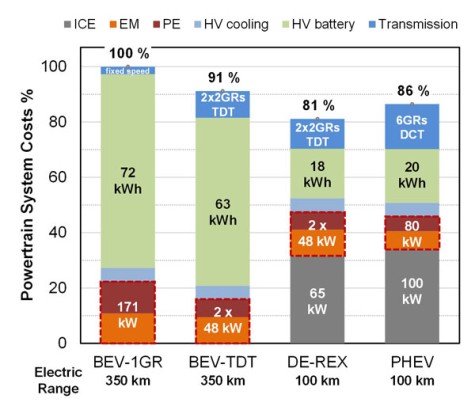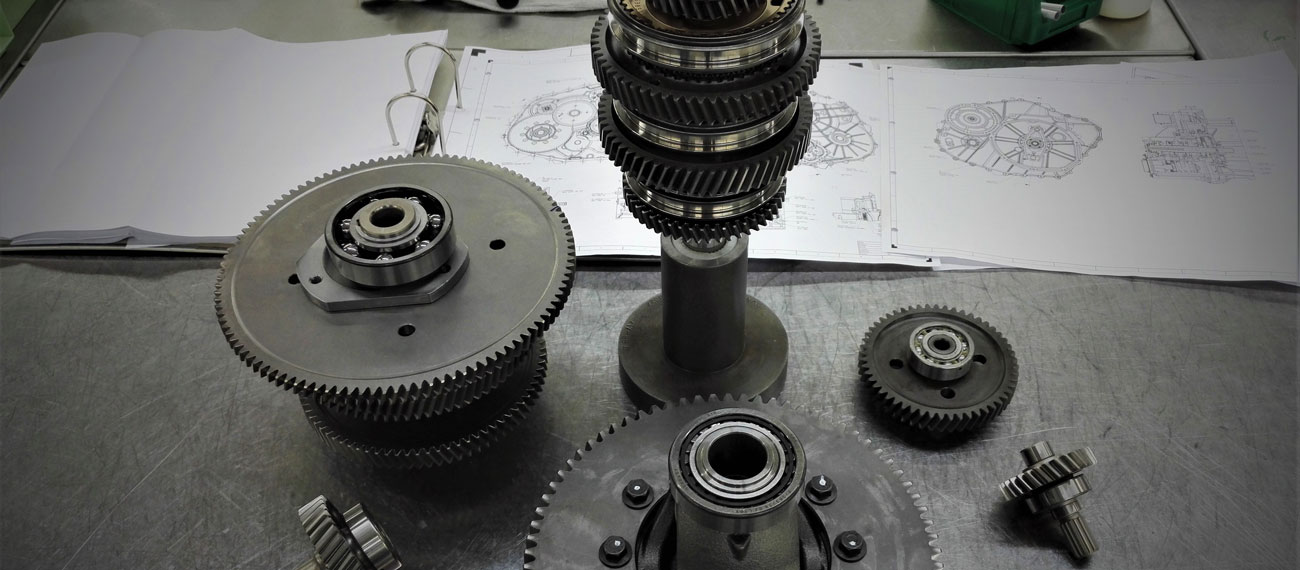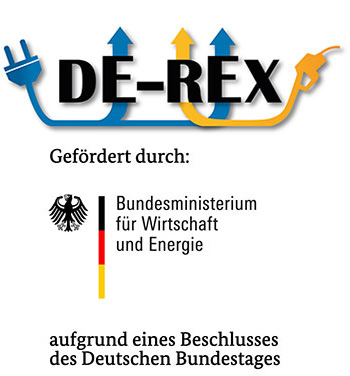Especially for long-range requirements, the hybrid DE‑REX offers a cost-efficient solution via parallel range extender operation. The majority of all journeys (up to 100 km without charging) are driven in electric mode. Only for long-distance trips, hybrid modes are used.
As a case study, the powertrain costs of the DE-REX in relation to a state of the art fixed-speed BEV with a long-range capability and an actual plug-in hybrid electric vehicle (PHEV) are assessed.


The results show that the DE-REX powertrain enables for a cost advantage of 19 % compared the state of the art BEV. In comparison to the PHEV, the DE-REX achieves an additional cost reduction potential of 5 % by a reduction of the mechanical design complexity of the transmission. Therefore, the DE-REX achieves the lowest overall costs of the investigated concepts.


